Obituary: C. Dean Freudenberger
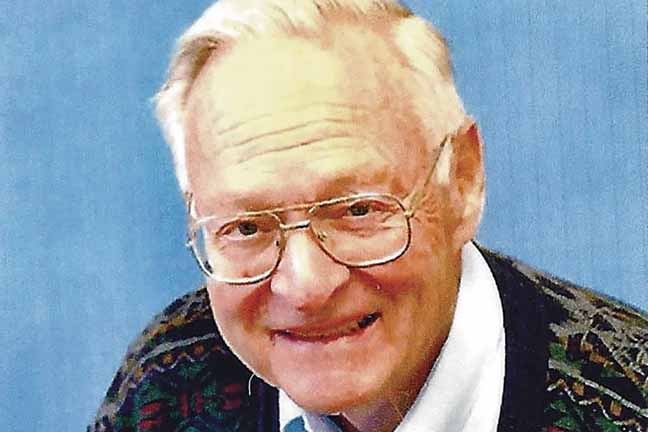
Professor, agricultural and environmental ethicist, minister, great-grandfather
C. Dean Freudenberger died quietly on July 2 at age 93 with family present at home, Pilgrim Place.
Dean was born in Los Angeles on March 9, 1930 to Carl and Minerva Freudenberger. He attended LA schools, graduating from Dorsey High School in 1948. Though he entered Occidental College that fall, “history of civilization” was not for him, and he transferred to then all men’s Cal Poly, San Louis Obispo, where he majored in landscape design and crops, graduating in 1953.
Meanwhile, in 1952 his world was greatly enlarged when he was a member of a college student work team to war-torn Germany, helping to build an orphanage. During his Cal Poly years he also experienced a call to become an agriculturalist in the Belgian Congo with the Methodist Board of Missions. With fear and trembling he entered Boston University School of Theology in 1952, receiving complimentary Cs; he graduated in 1955 with As.
He met his future wife Elsie Kittelsen while attending a Germany work team reunion in Altadena, California in December 1953. They were married on June 26, 1955, in Santa Ana, California. He was also ordained a Methodist elder in June 1955.
In preparation for serving in the Belgian Congo, the couple spent a year of graduate study at Boston University, followed by a year of French study in Brussels, Belgium. In 1957 he began agricultural work at Sandoa in the savanna area of then Belgian Congo. On June 30, 1960 the Belgian Congo became independent; by July 9, the army had mutinied. The couple’s third child, Anne, was born that morning. At noon a ham radio order was received: all Americans were to leave the newly independent country — the nation’s and the Freudenbergers’ world was turned upside down!
The family returned to Sandoa in 1962, where despite the political upheaval a branch of the Congo Polytechnique Institute had been formed. He became its director from 1964 to 1966.
He returned to Boston University in 1966 to complete his Ph.D. in social ethics and became a trainer and consultant for Peace Corps programs in French speaking West Africa. He saw the growing “desertification” of Africa, the effects of climate change, and the challenges and of world hunger as he traveled in the tropics and in the Sahelian regions.
He earned his Ph.D. in 1969. From 1969 to 1972 he traveled extensively, serving as the agricultural programs secretary of a quadrennial program of the Methodist Board of Missions, with work in 21 countries in Asia, South America, and Africa. He also consulted with the World Council of Churches in Geneva, Switzerland, and with Agrimissio at the Vatican.
At the close of the Methodist quadrennial program, he accepted a teaching position at the Claremont School of Theology, with the challenge of “putting the school into the world, and the world into the school.” From 1973 to 1990 he taught in the areas of church and society, environmental ethics, and ecumenics, along with teaching occasional evening courses at Cal Poly, Pomona in the fields of tropical agricultural ecology, and agricultural development in the tropical world.
He was a member of the Board of Directors of Bread for the World as well as the Catholic Rural Life Conference; of the interdisciplinary design team that established the John Lyle Center for Regenerative Studies at Cal Poly, Pomona, where for two years as an ethicist he was also a member of the animal welfare committee that evaluated research proposals. He also lectured at conferences and workshops on the many-faceted issues of hunger and the care of the earth.
In 1990 the couple decided it was time for another adventure, thus he accepted an invitation to teach at Luther Seminary in St. Paul, Minnesota in the fields of church and society with an emphasis on rural ministry. He taught there for seven years until his retirement in 1997.
As he traveled and lectured in the Upper Midwest, he saw the ravages of the farm crisis, bankruptcies, the selling of family farms to corporate agriculture, and the rape of the land. In a memorable experience during a break at an ecumenical conference, he heard a woman telephone her husband and say, “You have to come to this conference. Losing the farm is not our fault; it’s the system’s fault!”
Recognizing it was time to return to Claremont, in 1999 the couple entered Pilgrim Place. Almost immediately he became a member of the plants and produce committee, growing vegetables, harvesting citrus, planting trees, and making over 100 tons of compost to enrich the soil. He was a founding member of the environmental committee, festival facilities coordinator, town meeting moderator, and a member of the Pilgrim Place Board of Directors.
He was the author of many journal articles and three books, “Global Dust Bowl: Is It too Late?” “Food for Tomorrow,” and “Christian Responsibility in a Hungry World.”
He received several awards, including Boston University’s School of Theology Distinguished Alumni Award in 1981, and Cal Poly, Pomona’s Dean’s Award from the College of Environmental Design in 1992.
“C. Dean Freudenberger is remembered as humble, a friend to all, visionary, passionate, prophet, practical, ahead of his times, compost maker, mentor, challenger, motivating teacher, listener, quiet humor, loving husband to Elsie and to his children,” his family and friends shared. “Dean and Elsie are admired as a true couple, working together, but at the same time following their own paths, for 68 years.”
He is survived by his wife Elsie; children Mark (Boston), Jane (Louisiana), and David and Anne (Australia); eight grandchildren in Louisiana, Colorado, New York City, Australia, Cambodia, and Madagascar; and three great-grandsons in Australia and Madagascar.
A celebration of life will be held at 3 p.m., Saturday, August 19, at Pilgrim Place’s Decker Hall, 665 Avery Road, Claremont 91711.
Memorial gifts may be made to the Pilgrim Place Resident and Support Program at pilgrimplace.org/giving.


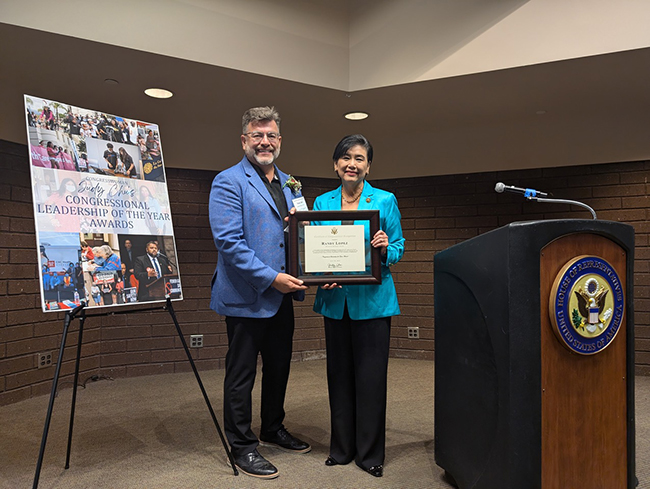

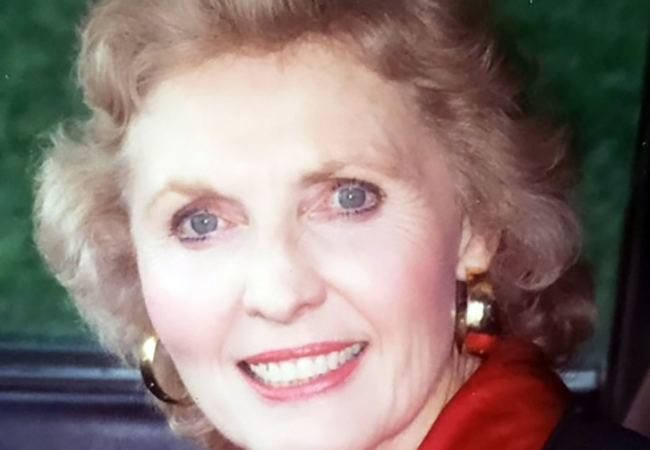
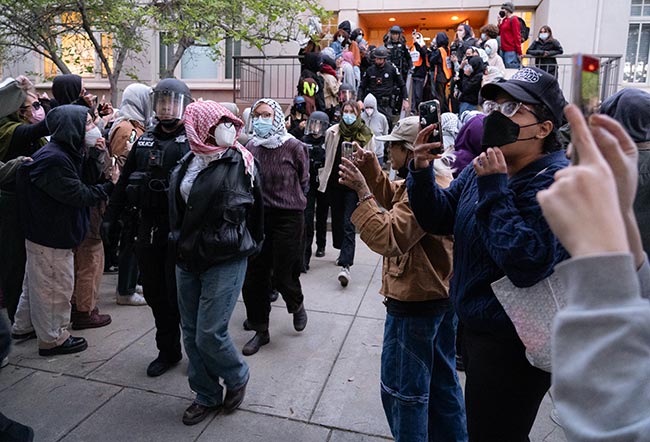
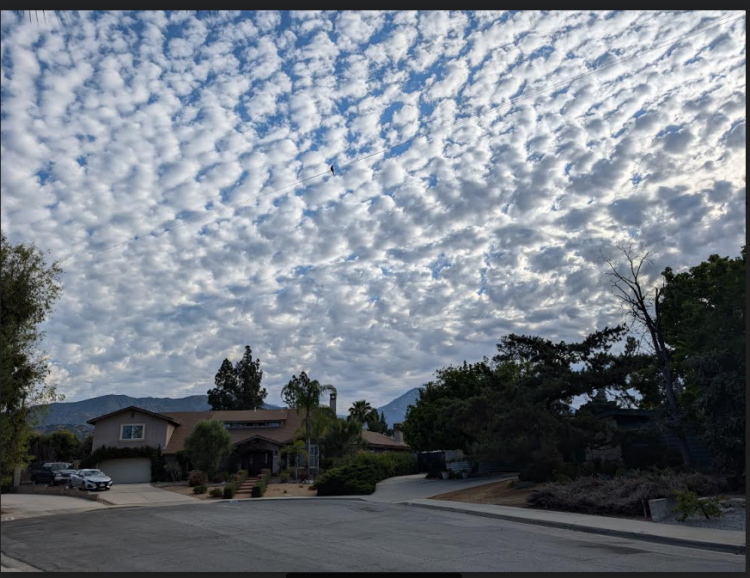
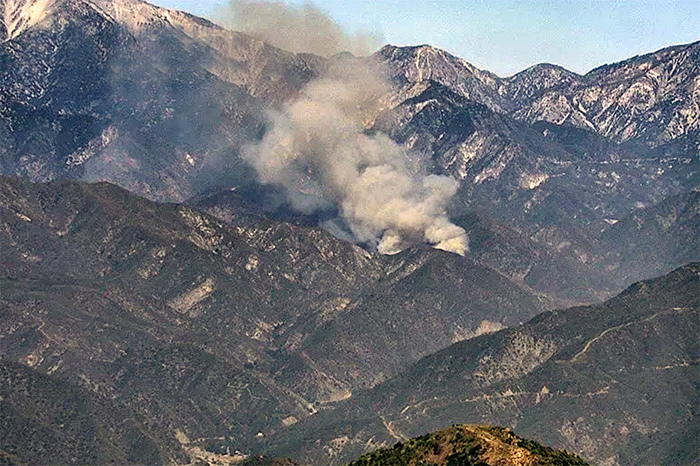

0 Comments